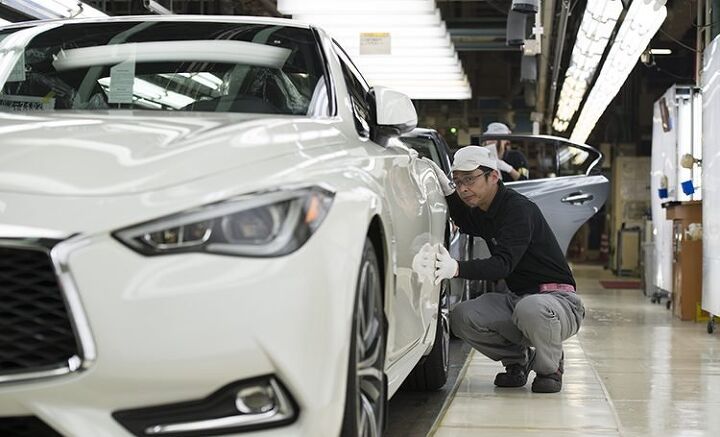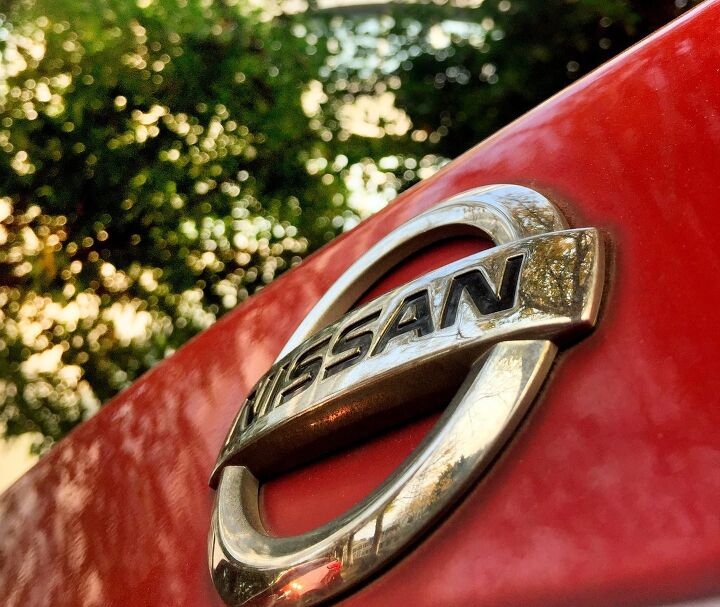#FinalInspection
Japan's Minor Scandal: Mazda, Suzuki, Yamaha Apologize for Improper Vehicle Testing
Japan’s automotive industry finds itself in the midst of a minor scandal. Last year, the Japanese government ordered manufacturers to investigate their operations after it was revealed that Subaru and Nissan conducting improper testing for decades. Initially, the issue seemed to revolve around a widespread laziness that allowed uncertified employees to conduct final inspection procedures. However, Subaru later admitted to employees falsifying emissions data.
While the problem does not appear to be an outright corporate conspiracy, some inspectors still decided to implement a policy they knew was against the rules to avoid questions from top brass. Likewise, senior employees advised inspectors to change test results for each vehicle that failed to meet internal quality control standards.
On Thursday, the Japanese government announced the inspection issue haS also touched Mazda Motor Corp, Suzuki Motor Corp and Yamaha Motor Co (which builds motorcycles and automotive engines). All three companies are now faulted for improper testing procedures and compliance failures.
Nissan Cites Staffing Issues as Cause for Final Inspection Snafu, Subaru Says Sorry
On Friday, Nissan Motor Co. blamed a shortage of key staff for improper final inspection procedures at Japanese assembly plants. The problem, which amounts to little more than not having having a specially certified technician give each vehicle a final once-over, has forced the automaker to recall 1.2 million vehicles within Japan this year. As the mandate applies only to vehicles sold on the nation’s domestic market, no exports to North America are affected.
However, that hasn’t stopped Japan’s government from coming down hard on the company for its bureaucratic misstep. After discovering that uncertified inspectors were signing off on vehicle checks required by the transport ministry, Nissan has been incredibly apologetic. It even launched a full-scale investigation, finding that “nonconforming final inspections” were commonplace by the 1990s at the plants, and could even have existed at one factory since 1979.
Nissan Back On Track in Japan, Resumes Vehicle Production
Nissan is resuming production at five of its domestic plants this Tuesday after Japan’s transport ministry finally approved changes to the improper final-inspection procedures that forced a major vehicle recall in October. The issue involved final checks being conducted by uncertified technicians, a procedure only mandated for vehicles sold within the brand’s home country of Japan. Exported vehicles aren’t subjected to it and, so far as we know, didn’t have any problems for having forgone the inspection.
However, JDM production has been suspended since October 19th and Nissan has scrambled to recall 1.2 million vehicles after being required to re-inspect everything built for the Japanese market over the last three years. That’s a large penalty for what amounts to little more than having the wrong guy eyeball a car as it rolls off the assembly line.
Nissan and Subaru Faulted for Decades of Improper Inspection Procedures
Japan appears to be having a problem with its quality control. Nissan Group is conducting updated inspection procedures after details emerged that it allowed uncertified employees to conduct final vehicle checks. However, the Japanese government continues to find issues with the automaker’s practices, forcing it to temporarily suspend new vehicle registrations.
Early reports from an external investigation commissioned by Nissan suggest the certification problem may have begun in 1979.
Subaru faces a similar plight. With Nissan’s inspection issue looming larger than anticipated, Subaru has admitted to following improper procedures for its domestic products. On Friday, the carmaker said final inspections at its main plant have occasionally been handled by employees not listed as certified technicians. The problem has persisted for more than 30 years, according to the manufacturer.


















Recent Comments